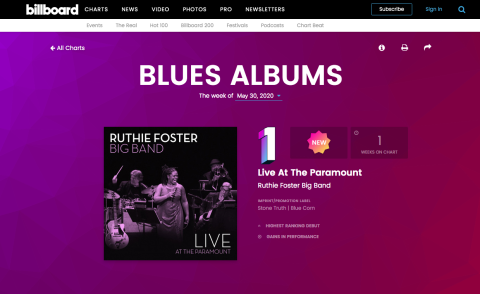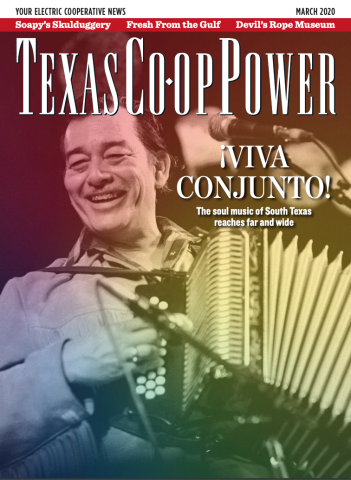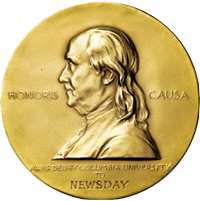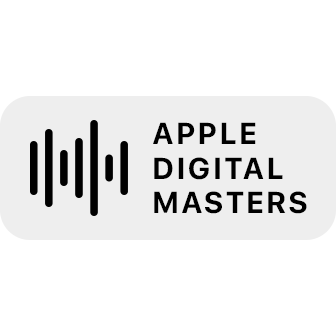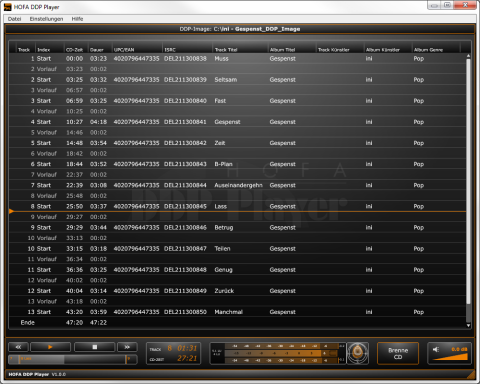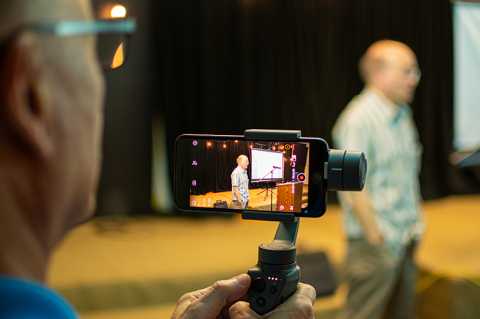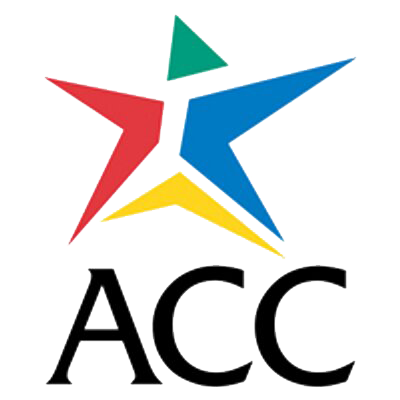This live record of a performance at Austin's historic Paramount Theater is quickly gaining popularity with blues fans and jazz fans alike. Making #1 on the Billboard Blues charts last week.
Santiago Jiménez, Jr. is seen as a standard bearer of deep conjunto tradition and his latest album, "El Chief", is no exception. This record is a collection of his father's original songs and Conjunto standards produced by Adam Ahrens at Magnolia Recording Studio, released by Bull Calf Records, and mastered by Nick Landis. This recording is sparse and traditional featuring voice accompanied by accordion and bajo sexto all acoustically recorded.
Starting in the new 2020 year prize cycle, the Pulitzer Prize Board will award a new Pulitzer Prize for excellence in Audio Journalism. The new prize will be awarded for "for a distinguished example of audio journalism that serves the public interest, characterized by revelatory reporting and illuminating storytelling." Journalists in the United States will be eligible to enter if their publication regularly publishes stories in audio format.
Starting August 7th, 2019 all previously branded 'Mastered For iTunes' content is changing to 'Apple Digital Masters'. The change will be featured both in the iTunes store and Apple Music streaming service.
Nick Landis Mastering DDP Player is included with all DDP masters from Nick Landis Mastering. Clients can listen directly to their masters, export various files, burn discs (if your computer has a burner), and check metadata like CD-Text and ISRC. All of this is possible just from clicking on the appropriate player icon; no software needs installed, the player can run directly from the file.
I’m excited to announce the start of a new chapter in my career — Nick Landis Mastering!
Starting April of 2019, I will be the Vice President of the Central Texas Chapter of the Audio Engineering Society. Last year, the Central Texas Section of the AES has gained new life and has been hosting monthly events. During that first event in 2018, we elected new leaders. One of those leaders has now moved to Nashville and I'm fillin in for the rest of the first term.
I finally did it! I started an LLC for all the work I do. Nothing long to post here about it, just marking the milestone.
Starting in the spring of 2019 semester, I will be teaching at Austin Community College as adjunct faculty. I'm excited to be part of the Music Business, Performance, & Technology department at ACC. As adjunct faculty, I will start with teaching one class but maybe in the future, I will teach more.
Hey Austin musicians! Want $200.00?!? Cool, here's an opportunity for anyone that meets these criteria:
